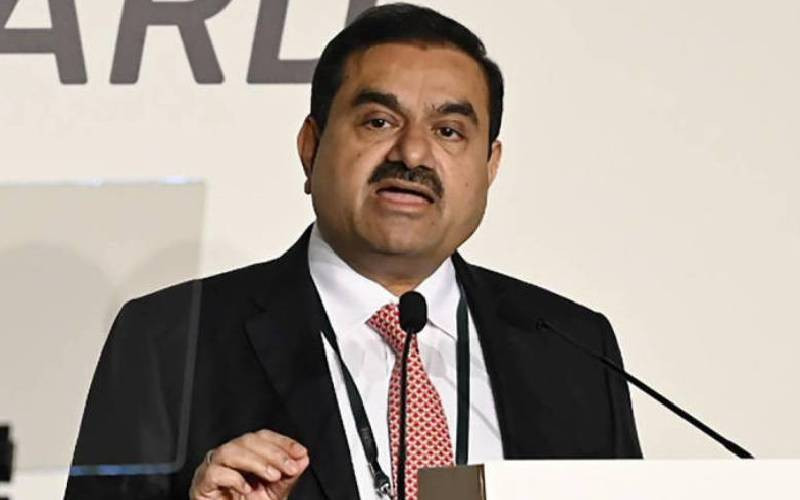×
The Standard e-Paper
Kenya’s Boldest Voice

After years of blindness, a 78-year-old man in Israel regained his sight through a ground-breaking artificial corneal transplant.
The surgery, performed by Professor Irit Bahar, the Director of the Ophthalmology Department at the Rabin Medical Centre, offers hope to millions suffering from corneal blindness worldwide.








